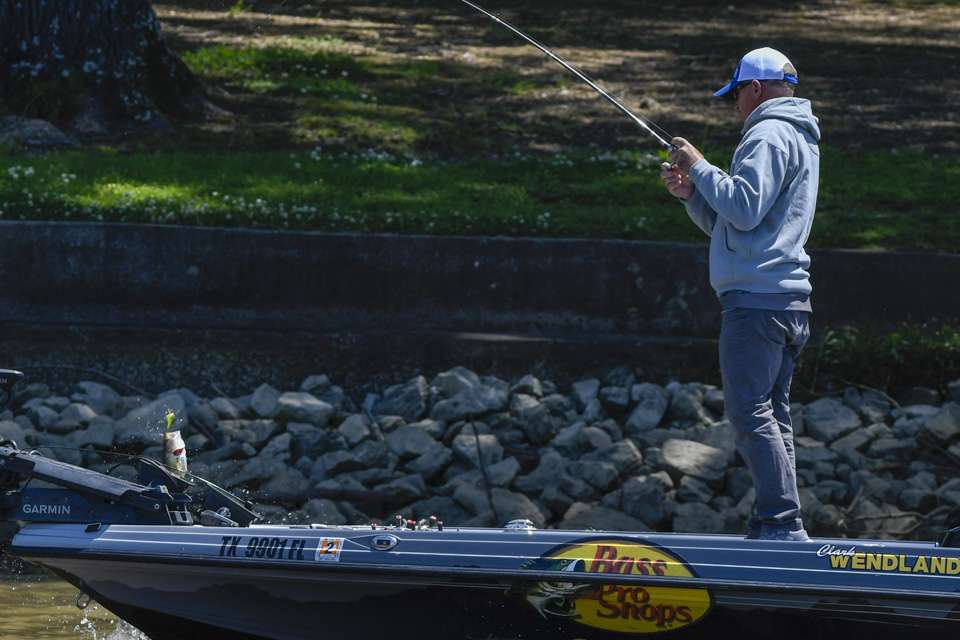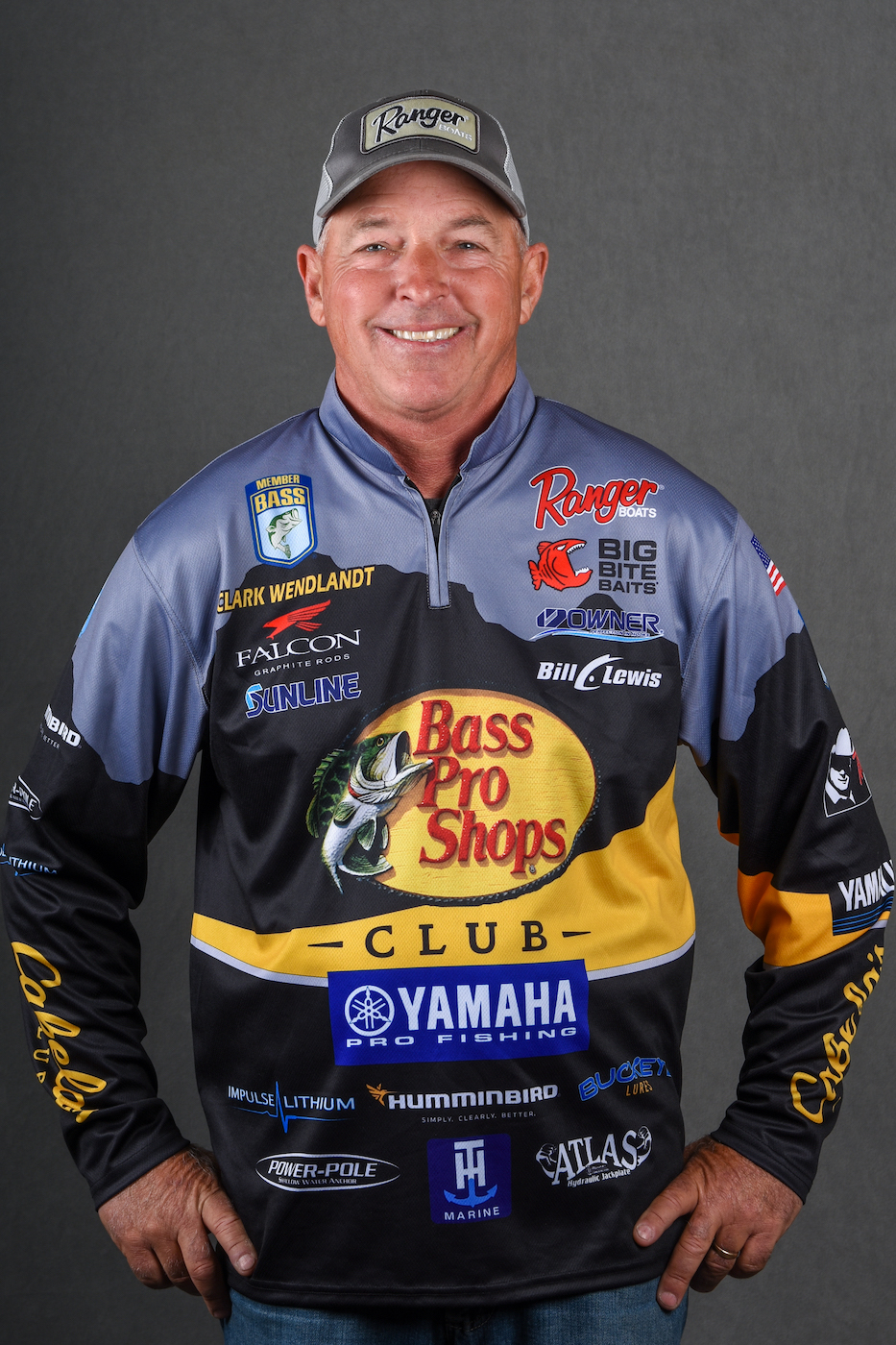
Tournament practice can make you or break you during competition. Go about it the wrong way and your chances of garnering a good finish diminish substantially.
Below are my tips on how to fine-tune your practice period in a multiday tournament. Keep in mind that there’s a big difference in single day and multiday events. One big bass is more critical to your success in a one-day event whereas it isn’t quite as important in a three- or four-day event, the latter of which requires a lot more preparation.
Here’s how I prepare.
Forget the past: I don’t care how well you know the lake, you must deal with the conditions on a given day and not how you may have caught them historically on that body of water.
Past experiences can be somewhat beneficial, but they also can become a crutch during a three-day event. You’ll find yourself being pulled back to those old ways and that can disrupt your “in-the-now” thinking.
I have learned that past experiences rarely carry me through multiday tourneys. If you approach each day of practice with an open mind you will find more treasures to build upon.
Keep the big picture in mind: You can start in a creek, on a flat or at one end of the lake, get a few bites and develop a feel for what’s going on. However, don’t jump to the conclusion you have it figured out.
So, expand your search and gather as much information about that lake during those pivotal practice days. Then, if conditions change or the prime area you found has too much pressure, you have other places to fall back upon.
Fishing pressure is a huge factor. I’ve discovered that if an area looks good and produces a lot of bites, it will likely get pressured by other anglers. Instead of fine-tuning that area in practice, I invest time looking for something similar that won’t get beat up as badly over the course of three or four days.
Fine-tune your plan on tournament day: Practice is for finding areas and the techniques that seem to work best. However, don’t overdo it; no one gets a trophy for winning practice.
You don’t have to get down to the nitty gritty of how to make the exact cast or the proper bait cadence. It’s important to get a good feel for what’s there and what’s working but not hammer on it. If the lake is fishing tough, every 2 1/2-pounder you catch in practice is going to hurt you in the tournament.
My attitude is that one bite can be luck, two can be a coincidence but three tells me I have something to go on. There’s no need to beat on a spot much more than that; go find more like it.
Just remember, practice is about finding good areas that can play in a variety of conditions, all of which help you maximize your time and effort when competition begins. That’s what the really good anglers do and why they do well wherever they fish.

